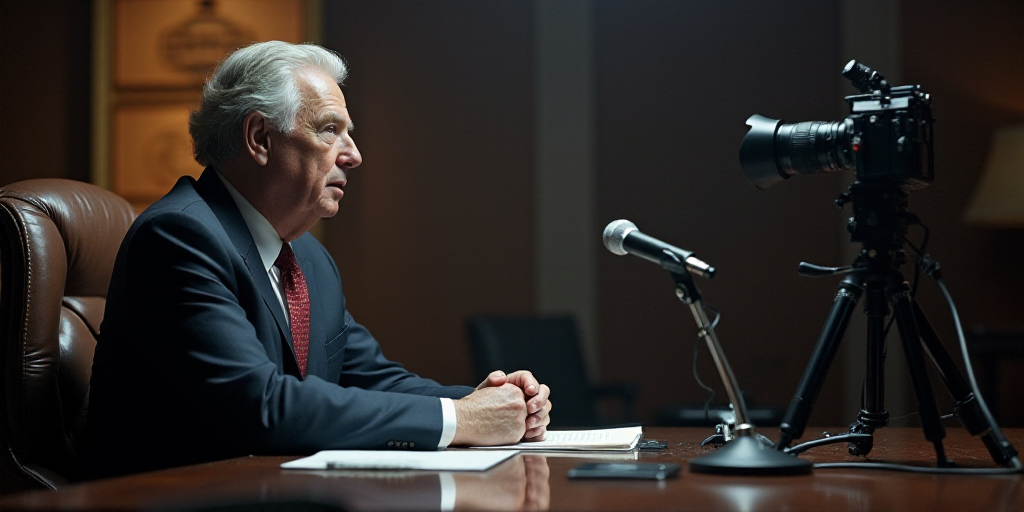Background on Robert Kennedy Jr.
Robert F. Kennedy Jr., an American environmental attorney, activist, and author, has been a prominent figure in the anti-vaccination movement for over two decades. As the nephew of former U.S. President John F. Kennedy and Senator, he has leveraged his family’s political background to amplify his controversial views on vaccines. Kennedy Jr. claims that certain vaccine ingredients, such as thimerosal (a mercury-based preservative), are linked to autism and other health issues.
Kennedy Jr.’s Relevance
His influence stems from his family’s political legacy and his ability to connect with parents concerned about their children’s health. Kennedy Jr. has written articles and books, such as “Thimerosal in Vaccines: An Urgent Public Health Concern,” which have been widely circulated among anti-vaccination advocates. His views, however, have been widely discredited by the scientific community and public health organizations.
The Senate Hearing
In a recent intense Senate hearing, Kennedy Jr. presented his arguments against vaccines, claiming that they pose significant health risks and violate individual freedoms. The hearing drew considerable attention, as it provided a platform for Kennedy Jr. to spread his views on national television.
Trump’s Endorsement
During a press conference on Thursday, President Donald Trump expressed his support for Kennedy Jr., stating that he has “some different ideas” regarding vaccines. This endorsement has raised concerns among public health advocates, who fear it may further legitimize the anti-vaccination movement and potentially endanger public health.
Impact on Public Health
The endorsement by Trump and the subsequent attention on Kennedy Jr.’s views could have serious consequences for public health. Vaccination programs are crucial in preventing the spread of infectious diseases, and any decline in vaccination rates can lead to outbreaks. The resurgence of preventable diseases, such as measles and whooping cough, has already been observed in areas with low vaccination rates.
Moreover, the dissemination of misinformation about vaccines can create unnecessary fear and mistrust in scientific evidence, making it difficult for public health officials to maintain herd immunity and protect vulnerable populations.
Key Questions and Answers
- Who is Robert Kennedy Jr.? An American environmental attorney, activist, and author who has been a prominent figure in the anti-vaccination movement for over two decades.
- Why is Kennedy Jr. relevant? His influence stems from his family’s political legacy and his ability to connect with parents concerned about their children’s health. Despite being discredited by the scientific community, his views have resonated with many.
- What happened in the Senate hearing? Kennedy Jr. presented his arguments against vaccines, claiming they pose significant health risks and violate individual freedoms. The hearing drew considerable attention, providing a platform for Kennedy Jr. to spread his views.
- Why is Trump’s endorsement concerning? Public health advocates fear that Trump’s support may further legitimize the anti-vaccination movement and potentially endanger public health by undermining vaccination programs.
- How could this impact public health? The endorsement and attention on Kennedy Jr.’s views could lead to a decline in vaccination rates, increasing the risk of outbreaks of preventable diseases. It may also create fear and mistrust in scientific evidence, making it difficult to maintain herd immunity and protect vulnerable populations.






